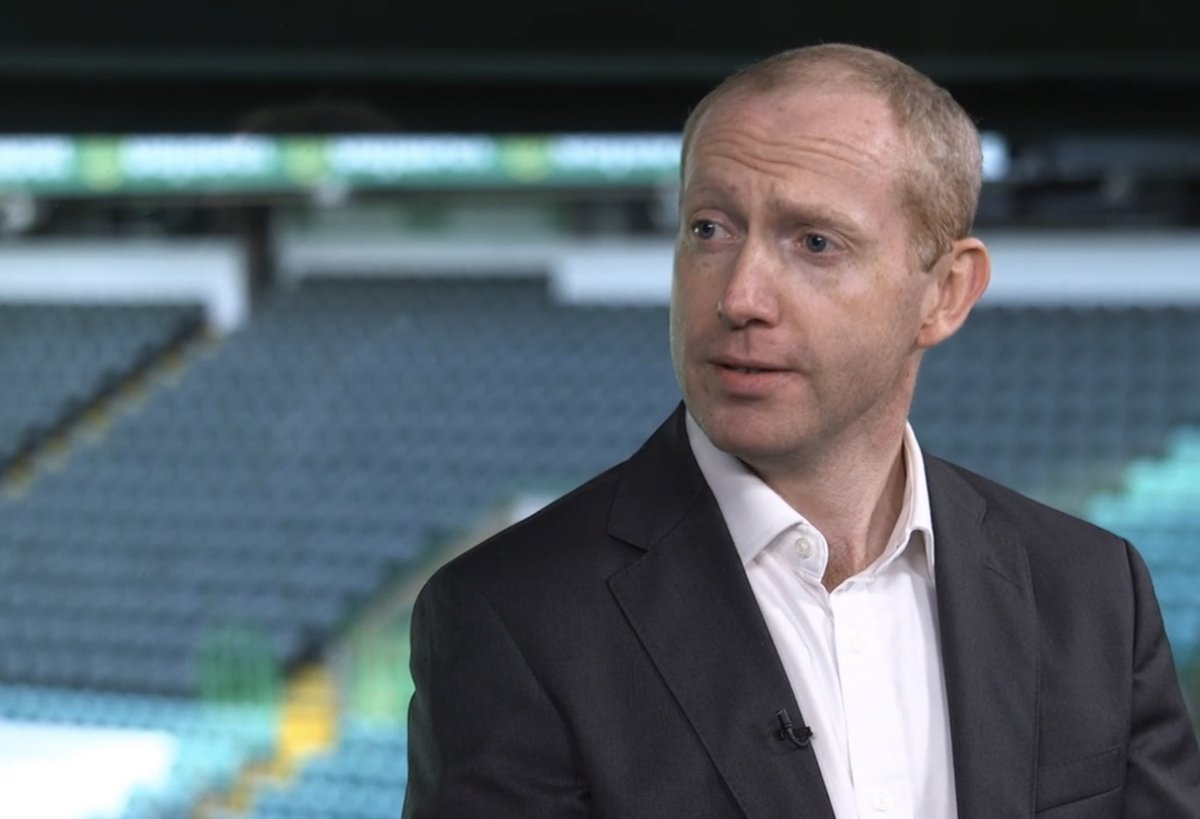The announcement of Michael Nicholson as Celtic CEO on a permanent basis was little surprise to anyone.
It has to be said it is a far from inspiring appointment to a key role within an organisation that seemed to indicate a willingness to modernise, a willingness that seemed to last for all of 72 days of the now airbrushed from history Dom McKay.
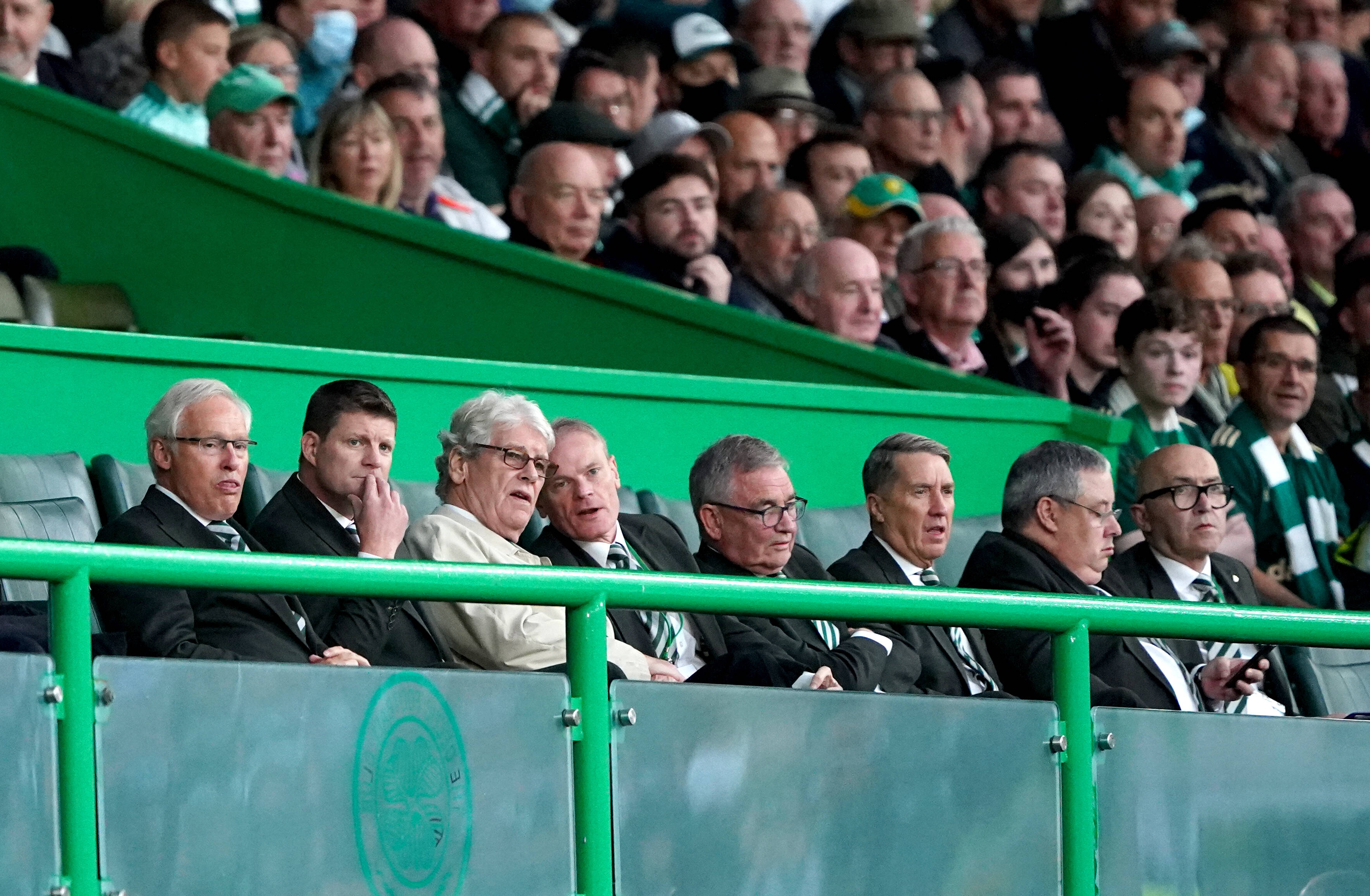
We saw all we needed to see from the performance of Ian Bankier et al at the recent AGM to realise those running the club are so insulated from the feelings of much of the support that they actually believe they are doing a grand old job for the grand old team.
In terms of Nicholson and his impressive legal background there are actually merits to his appointment at this time, but there is also a worrying lack of experience in a role that demands strategic planning, shaping a vision and inspiring employees, shareholders and supporters to embrace that vision.
Celtic’s new CEO could be a steady hand as Celtic negotiates some of the challenges the club faces off the field, but from a footballing perspective I, like many, have serious concerns, indeed this appointment from a football perspective seems to indicate the club is being put into sleep mode.
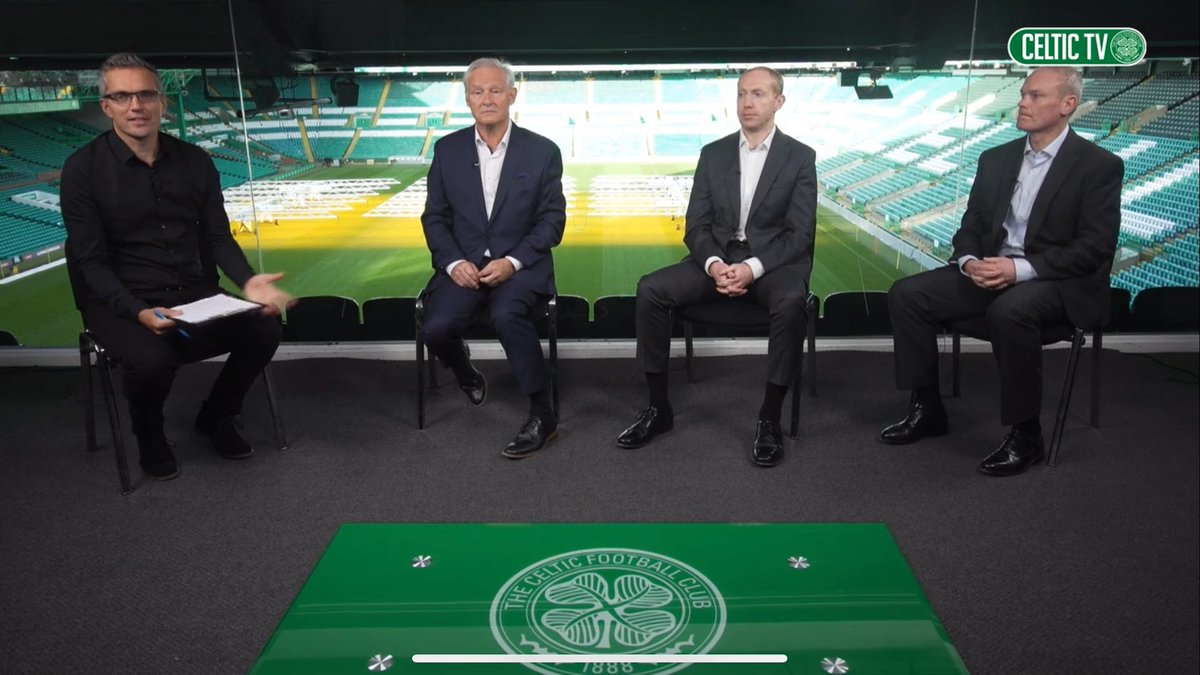
As we know the survivors of historical abuse at Celtic Boys Club are joining together to launch group legal action for damages against Celtic. Thompsons Solicitors Scotland, which represents around 25 abuse survivors from the boy’s club, is using new powers which came into law last year to bring those proceedings. There is then a clear argument to be made that a Law background exhibited in any CEO’s CV may be a welcome addition. There is no doubt our own legal representation will do the heavy lifting on that one, but legal acumen from an overseer of their strategy would be no bad thing.
There is also the issue of footballing governance in Scotland to consider. Many believe football in Scotland to be a rigged game. That belief lies not only with supporters and followers of Celtic but also those of other clubs in Scotland. There have been resolutions put forward to Celtic AGM’s by those involved with Resolution 12 and recently by the Celtic Trust indicating a need for Celtic to hold the SFA to account and demand much needed reform.
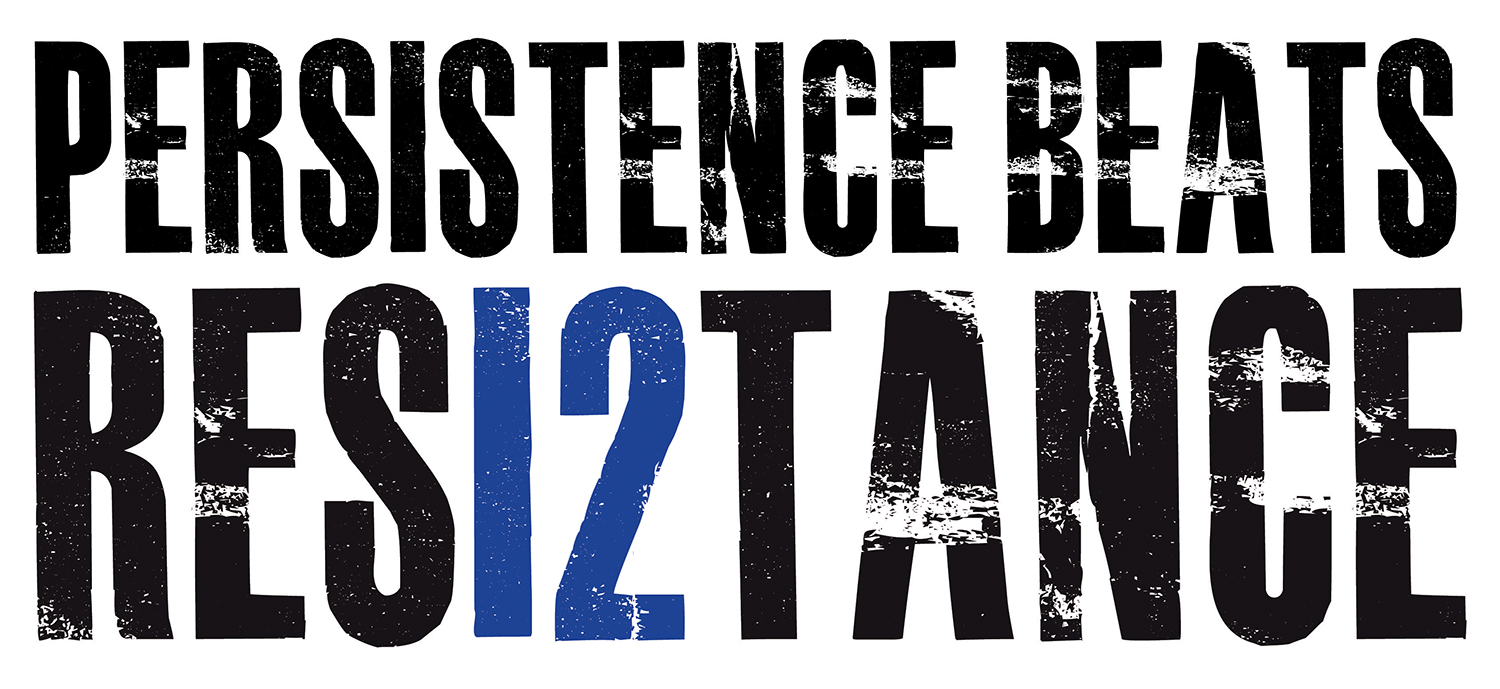
Celtic have always indicated their preferred method is not a confrontational approach and instead is away from the public eye, via back-channels and making inroads in a more subtle way. With a Five-way agreement elephant in the room, even that sort of approach seems fanciful. However, should the club be looking to address some of the issues around footballing governance, from on field officiating inconsistencies to how the risk brought upon football in Scotland by the way certain big clubs manage the income and expenditure side of their business, then again legal nous form a Celtic CEO would be a clear advantage.
Yet there are issues from a footballing perspective where you would question the worthiness in skillset of the new CEO.
Celtic as an organisation is in need of modernisation, we are miles behind many clubs when it comes to sports science, data, analytics and scouting. Our recent transfer window showed a piecemeal approach to recruitment, and to be in such a position of having to overhaul a squad at all is an indictment of a lack of structure in place in the first place, a lack of structure that allowed the squad to reach a position of ever requiring a complete refit, rather than regular transfer window tweaks to playing personnel and key changes to appointments at a footballing structure level.
That overhaul of playing staff was carried out with situations vacant, for Head of Football Operations when Nick Hammond left his post, and minus a chief scout when Gary Penrice moved on. It was done with a new CEO who had no experience of football never mind the cut-throat transfer market within it, and a manager new to the European game. Those two positions still remain vacant as we head into the New Year.
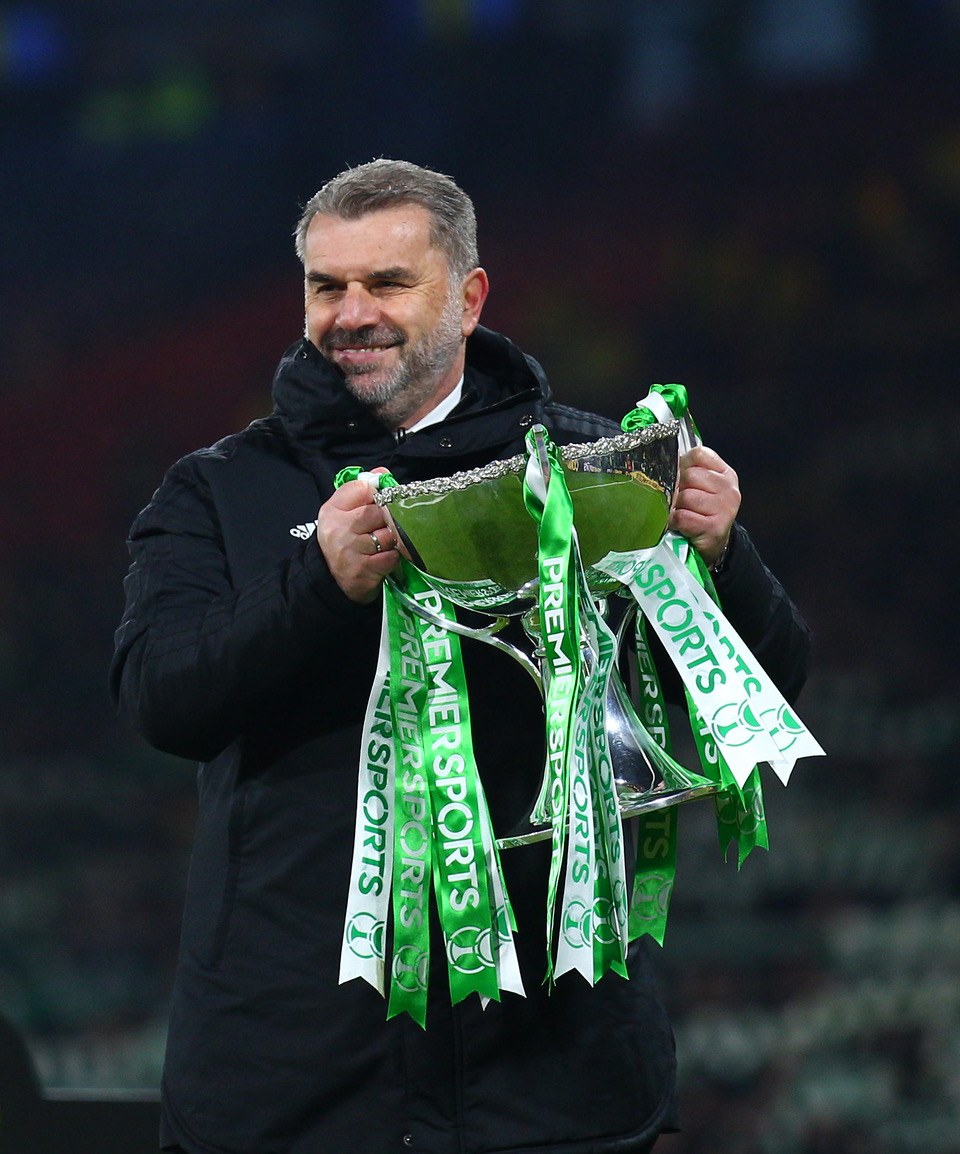
As such the summer transfer window was a rush job. The biggest overhaul of the first team squad since Neil Lennon replaced Tony Mowbray and we did so without key positions to support such change. We then began the season with a manager renowned for high intensity football yet waited more than two months for a head of Sports science to arrive at the club. The lack of joined up thinking is scarcely believable at a club the size of Celtic. Can Michael Nicholson bring all of that together? Does he have the experience?
Yet there did appear to be a recognition that change was required, indeed the initial appointment of an external candidate in Dom McKay did indicate the Celtic Board, possibly on the back of the fabled January Review, realised a fresh set of eyes was required. However, he didn’t last long. The only look under the bonnet of footballing operations we know of has been carried out by Gordon Strachan and we are still in the dark over any recommendations made from that examination of our footballing structure. Same as it ever was.
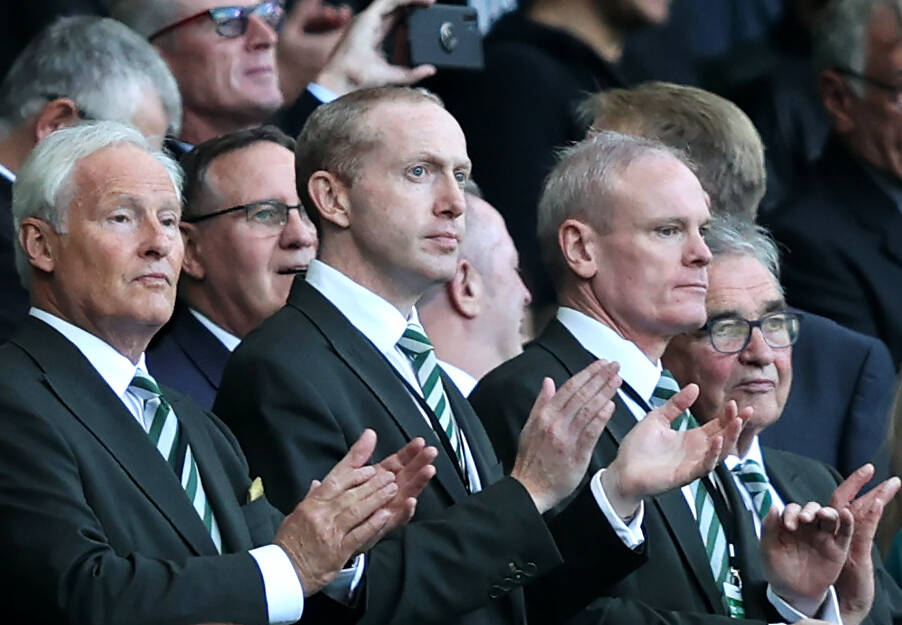
Now with Michael Nicholson’s appointment we are to believe the ideal candidate for modernising the club was under our nose and it was the Company Consigliere all along. Forgive me for thinking some of those on the Celtic Board didn’t like the modernising approach advocated by Dom McKay and believed the appointment would appease but could then be controlled from within, only to find McKay wasn’t too pliable. An internal candidate such as Nicholson may well fit the bill.
Off the field there are clear merits in Michael Nicholson’s appointment, on it there are few. The Champions League format changes in 2024 and Celtic need to be in a position to go straight in. There is a nigh on doubling in low hanging Champions League money available to the club simply by qualifying for that season’s elite competition, and UEFA have indicated for clubs like Celtic that could mean a huge increase in income simply for participating. £35 million we appear to sneeze at every year, will we be doing the same for £70million?
Such is our lack of preparedness for qualification every year you can only assume there is disinterest at Celtic for even being in a position to plan for and be ready to pounce every year, indeed we’ve even now chosen to sell UEFA’s third competition and European football as a success, rather than question internally why a club Peter Lawwell stated required Champions’ league group stage football three out of every five years, is now satisfied with not even being prepared for Europa League football but lauding The Europa Conference league as a success.

Perhaps we do have a grand plan, yet with the appointment of Nicholson I can’t see it. This looks like an appointment the equivalent to regional anaesthesia being applied to Celtic’s European ambitions. While the rest of the body remains numb, the parochial Scottish vision of the Old Firm brand will remain. The Celtic mind, just about alert enough to compete in Scotland, pick up some European crumbs and wait for the English Premier League or some other European League to come calling.
This is Dermot Desmond all over, little real ambition and wait for the booming share price when the day that may never come arrives. Meanwhile Celtic lie dormant, with the only other consideration being that Desmond intends to sell up, as such the current state of Celtic’s paralysis also makes sense and so too does the appointment of a legal eagle to the position of Chief executive.
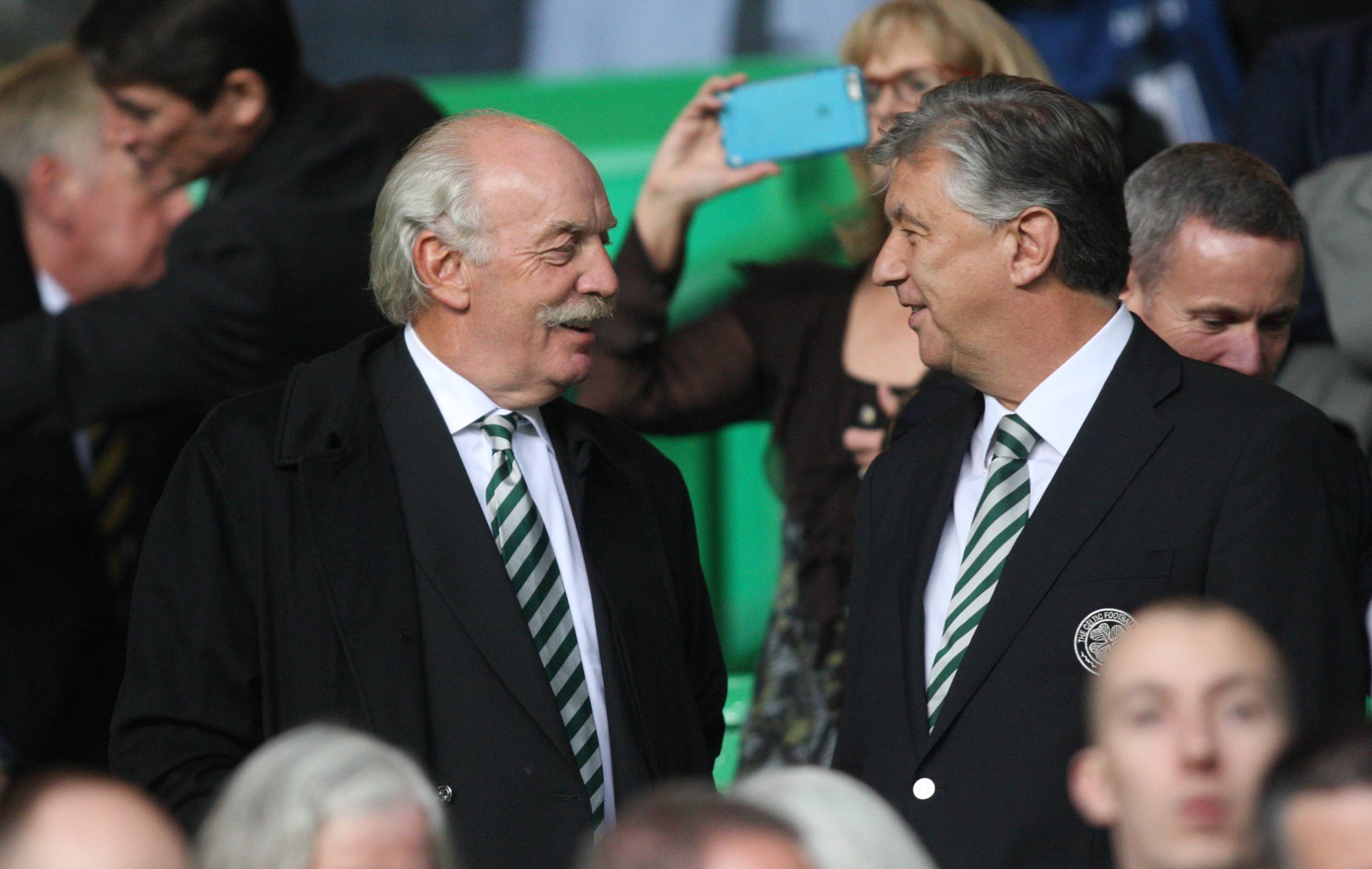
Much of that confusion and conjecture however could be changed with some communication. Having been in post since September we’ve heard nothing from Mute Michael on his plans for the club, yet there is a vibrant fan media who would love to hear what he has planned and ask a few supplementary questions.
If he’s incapable or fearful of speaking as a supporter to supporters, he could always speak to Gerry McCulloch and pop onto Celtic TV for a twenty-minute rundown on his thoughts and outline the vision all CEO’s would have outlined in the interview process. Nicholson after all had one of those surely?
Are there plans for this footballing structure, does Nicholson intend to appoint a bridge between him and the manager to ensure footballing modernisation and then continuity going forward?
Who knows, because Celtic don’t speak and considering communication with shareholders and the customer base is a key component for any CEO, that is already worrying. Recently when the club were forwarded requests for contact signed by hundreds of their own supporters and key organisations included, they couldn’t even reply to letters and e-mails, what chance then a cohesive explanation for their plans going forward for the future of a clearly stagnating football club?
Michael Nicholson can put all of that to bed by communicating his vision. Remain mute, and he will not only look like simply being legal representation during some likely turbulent times away from football, he’ll also begin to look like the interim period from September to appointment was just enough time to master being Charlie McCarthy to Edgar Bergen, and no-one wants a ventriloquist dummy as a Celtic CEO. No-one outside the Boardroom that is.
Niall J
